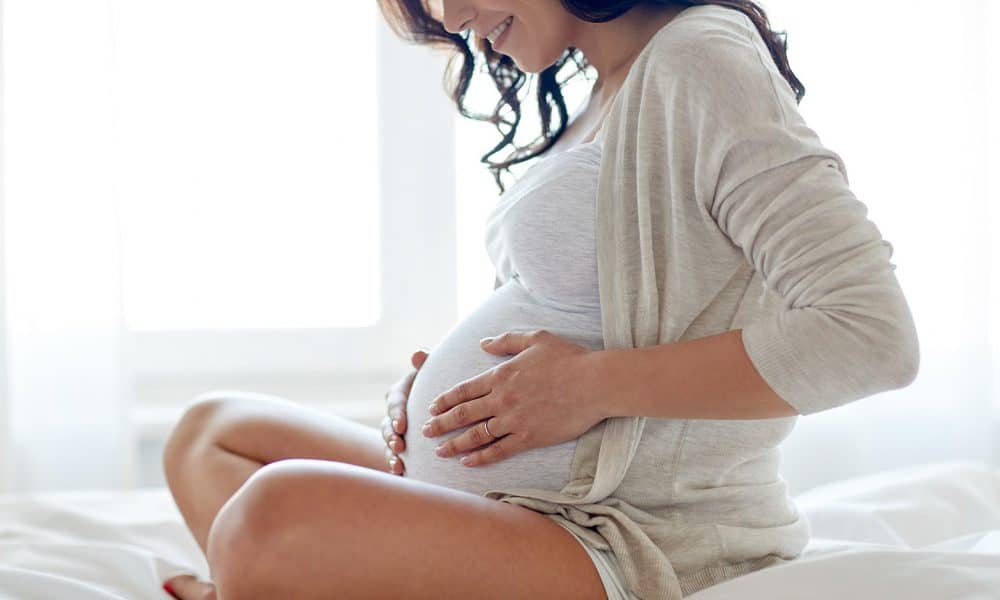

What are the signs of fertility in a woman and how do I know if I am a fertile female? These are likely to be questions on your mind if you’re considering starting a family. There are many measures of fertility used by fertility doctors – some of which you can use yourself to determine how fertile you are. Without a fertility test there is no way to know for certain, but it can give you an indication and help you get your body in a good place if you are thinking of conceiving.
How do I know if I am a fertile female?
The moon, snakes, and pomegranate have all long been symbols of fertility, frequently seen in historical artwork and sculptures throughout the ages. If only measuring fertility were that simple! In this modern age, there are many – more scientific – ways to tell if you are fertile. To start with, there are some telltale signs your body gives you that you can keep an eye out for. These include:
- Being under the age of 35: One of the biggest factors to affect a woman’s fertility is age. Generally, women below the age of 35 will be more fertile than women over 35. From age 30, fertility begins to slowly diminish and this decline happens faster once women reach age 35.
- Having a regular menstruation cycle: A regular menstruation cycle is really important because when it comes to fertility, it dictates when an egg is released from the ovaries. A normal cycle is 28 days, and ovulation happens between days 12-14 (when you have the best chance of getting pregnant). If you have an irregular menstrual cycle it can be hard to predict when you are ovulating. Some women have really long cycles spanning months, which means fewer eggs are released which equates to fewer opportunities for the sperm to meet the egg. If your cycle doesn’t seem ‘normal’ there is a chance you have an underlying ovulation disorder. Please seek advice from your GP in the first instance.
- Changes to your basal temperature: When you ovulate, your temperature increases. To find out when you are ovulating you can take your temperature in the morning and evening to work out your ovulation window. If you don’t see changes to your basal temperature, there may be an underlying reason for this that needs addressing.
- Signs of ovulation: One of the most noticeable signs of ovulation is changes to the texture and appearance of your cervical mucus. You will notice that when you are ovulating, the texture becomes more slippery and clear, similar to that of an egg white.
What makes a woman more fertile?
When it comes to being more fertile, the research suggests that lifestyle choices count! Some of the steps you can take at home to help improve your fertility include cutting out smoking (as this can negatively impact hormones production) and cutting right back on caffeine (as too much is thought to reduce oestrogen levels and in turn impact ovulation). It’s also worth considering reducing your alcohol intake as it is known to not only reduce your chances of conceiving, but increase risk of miscarriage and health issues in babies once born.
Maintaining a healthy weight is also important, as extremes (being very underweight or overweight) are also known to impact fertility. Being underweight can prevent your body from making oestrogen, which is essential for the hormones that control ovulation. On the other hand, being overweight leads your body to produce too much oestrogen which can also prevent ovulation.
If you’re thinking of trying for a baby, it’s a good idea to review any medications you are taking, as some have side effects that can impact fertility. These include, but are not limited to, long-term nonsteroidal anti-inflammatory drug (NSAID) use, steroids, and thyroid medications.
Getting help conceiving
Unfortunately, fertility problems often lie unknown until a woman tries to get pregnant. As such, you may not notice any symptoms until you don’t get pregnant as quickly as expected. If you are 35 or younger and have been trying for 12 months, it may be time to seek help from your GP or a specialist at a fertility clinic.
If you are aged over 35, please do seek help sooner as fertility reduces with age. Your fertility doctor will carry out a series of fertility tests to determine if there are any underlying issues that need to be addressed and will be able to put together a personalised treatment plan to give you the very best chance of getting pregnant.
























